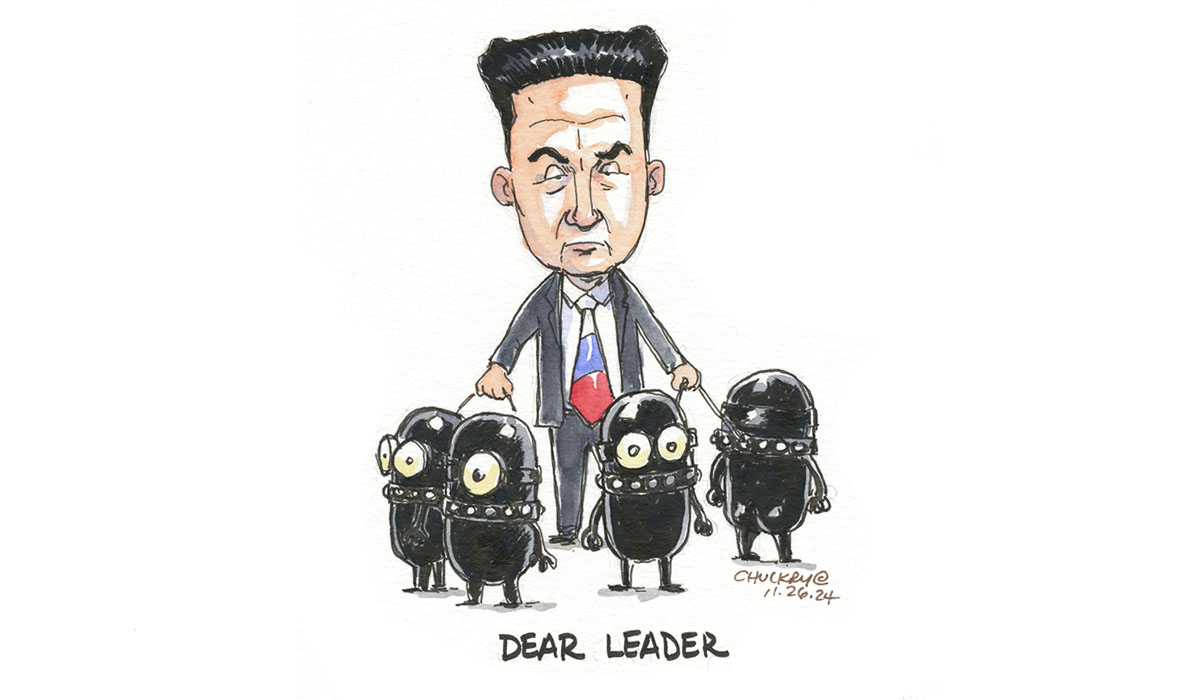Endorsements in politics are often a mixed bag. Some endorsements land with the weight of a wrecking ball, while others are barely noticed, leaving observers wondering whether they even matter. Presidential endorsements, in particular, have the potential to turn heads, propel campaigns, or leave everyone scratching their heads. Over the years, we’ve seen endorsements that were game-changers and others that amounted to nothing more than a fleeting headline. In the 2024 presidential race, a curious set of endorsements has emerged, notably from prominent business figures and political veterans rallying behind Kamala Harris.
A recent development has made waves, though it’s not getting the attention it deserves: key figures from the business world and conservative establishment have endorsed Harris for president. Among them are LinkedIn founder Reid Hoffman, billionaire entrepreneur Mark Cuban, and, most surprisingly, James Murdoch, the former Fox CEO and son of Rupert Murdoch. James Murdoch’s endorsement stands out like a lightning bolt, not just because of who he is, but because of what his family represents. Fox News, founded by his father, Rupert Murdoch, has long been a bastion of right-wing media, playing a pivotal role in propelling Donald Trump to the presidency. Many have argued that Fox News shielded Trump, pushed false narratives, and served as an echo chamber for his propaganda. The network’s lopsided coverage of Trump became so entangled in his politics that it ended up in legal hot water, settling multi-million dollar lawsuits over allegations of election fraud coverage.
For a prominent Murdoch family member to throw his weight behind Kamala Harris, a Democrat, is nothing short of shocking. It’s a signal that the traditional right-wing power structure may be fracturing in unexpected ways. James Murdoch, who has distanced himself from his family’s political leanings in recent years, presents a stark contrast to his father’s empire. His endorsement isn’t just symbolic of a break with the past—it could be a harbinger of broader discontent within the conservative ranks.
But perhaps what makes these endorsements even more intriguing is the presence of former Vice President Dick Cheney. A stalwart of the Republican establishment and once one of the most powerful men in Washington, Cheney’s decision to endorse Harris feels almost surreal. Cheney, once known for his hawkish foreign policy and ties to big oil, backing a liberal woman of color is one of those head-scratching moments in politics. It highlights just how much the GOP has transformed under Trump, with some of its most senior figures abandoning ship.
The question, however, remains: Will these endorsements be enough to sway the electorate or catapult Harris to the presidency? Historically, endorsements from prominent figures do not always guarantee success. Hillary Clinton secured endorsements from a wide range of celebrities, business leaders, and political heavyweights in 2016, only to lose to Trump, whose endorsement roster was far less glittering. On the flip side, Barack Obama’s endorsement of Joe Biden in 2020 was seen as a crucial turning point in solidifying Biden’s standing within the Democratic Party, helping to unify the party’s factions and energize key voter bases.
The business endorsements Harris received, particularly from figures like Hoffman and Cuban, could help sway more moderate and independent voters who are looking for stability and a candidate who understands the economic landscape. Cuban’s libertarian-leaning views, in particular, could help bring in voters who are wary of Trump’s unpredictability and Biden’s age. Hoffman’s connections in Silicon Valley could also serve as a financial boon, opening up a stream of high-powered donations.
Yet, despite the gravity of these endorsements, the question lingers—will they resonate with the public? Political endorsements can be tricky. They can spark new conversations, generate buzz, or merely be seen as insiders rallying around each other. What makes the Murdoch and Cheney endorsements significant is that they come from figures who have roots in the conservative establishment. If their support for Harris signals anything, it’s that the traditional pillars of Republicanism may no longer feel they have a home in the Trump-dominated GOP.
In a polarized political landscape where tribalism seems to dominate, these endorsements might not sway the core base of either party. Many Trump supporters won’t care that a Murdoch has jumped ship, nor will they be fazed by Cheney’s backing of Harris. However, for independents and swing voters disillusioned with Trump and unsure about Biden, these endorsements could be the nudge that gets them to consider Harris more seriously.
Ultimately, while endorsements from high-profile business and political figures may not be the definitive factor in deciding elections, they can help shape the narrative. Harris has been positioned as a competent leader with significant backing from influential figures across the aisle. Whether that translates into electoral success remains to be seen. But one thing is certain: these endorsements, particularly from a member of the Murdoch family and Dick Cheney, are far from inconsequential. They reveal deeper shifts in the political landscape that could have long-lasting effects, even if Harris herself doesn’t ride them all the way to the Oval Office.









